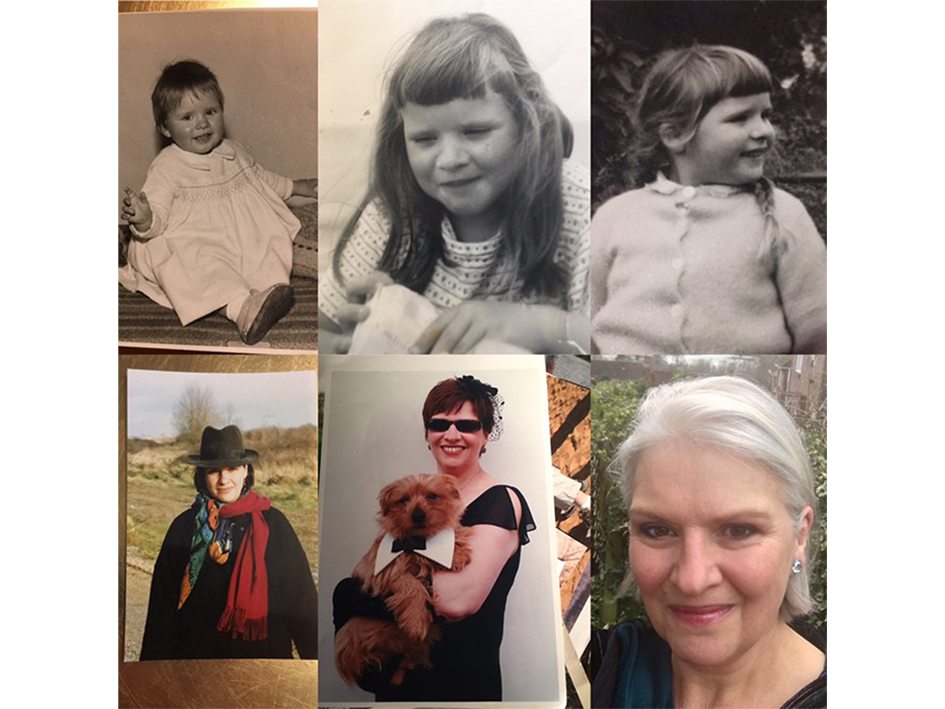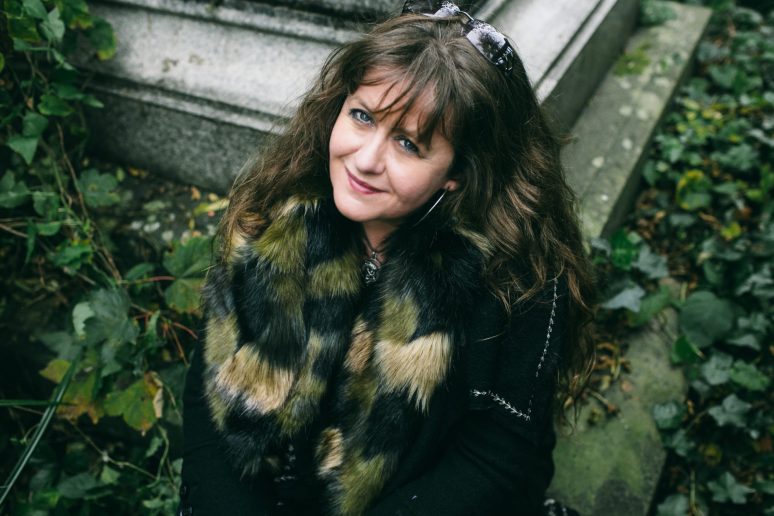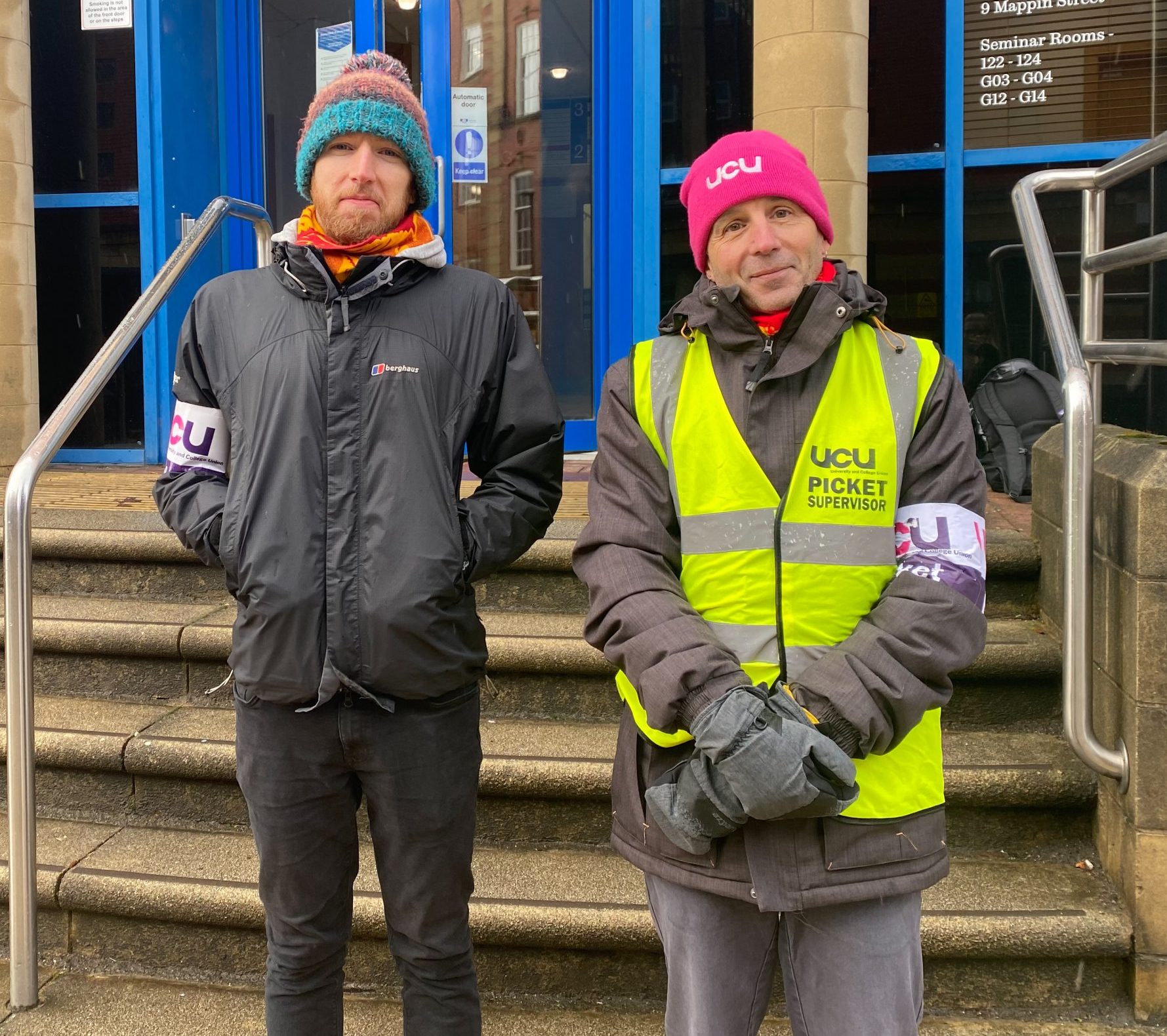When Rose Matthews woke up in a police cell, they couldn’t understand how they had got there and why their life felt as though it was spiralling out of control. After what they could only describe as a ‘meltdown’, Rose had been locked up and left to feel like a criminal, but unbeknown to them, their experience, as an autistic person, going through the perimenopause wasn’t unusual.
A recent study co-authored by Rose, who is now a researcher specialising in autism, believe their unique profound and experiences going through the menopause, isn’t experienced by non-autistic people. The report also revealed a lack of information and support, leading to a downward spiral of difficulty and distress leaving autistic people feeling like they couldn’t cope.
Outwardly, Rose’s life had all the hallmarks of success. They were academically gifted as a child, had excelled at university, got married and had children but a different story lay behind these milestones. “I had to change jobs frequently,” they say. “I was exhausted, confused and quite often abused. I burnt myself out doing a PhD, working two jobs and struggled with the demands of motherhood. My life became very disorderly, unpredictable. But somehow, against the odds, I managed to keep afloat, to keep working. I managed to survive.”
They now understand whey they were experiencing were autistic meltdowns – an intense response to an overwhelming situation when someone temporarily loses control of their behaviour. They can be expressed both verbally through shouting, screaming, crying or physically by kicking, lashing out, or biting.
Rose, now 64, from the North East, had an outburst two years before their diagnosis. They had warned their partner about the possibility, but when it happened it was a shock. “In not knowing what to do he did exactly the wrong thing, which was to try and get hold of me,” says Rose.
“Afterwards he went and spoke to somebody who decided it could potentially be domestic abuse. He found himself being interviewed by the police as a potential victim, which he didn’t feel he was, but that was the protocol. I was then arrested.”
Fortunately for Rose, the ordeal didn’t lead to anything more serious but it did make them book an appointment with their GP to try and understand why everything was out of control. The GP thought they were stressed from juggling a demanding job and prescribed antidepressants. It wasn’t until later when a former colleague was diagnosed with autism Rose realised the similarities.
“I’d always ruled out autism because stereotypical media portrayals didn’t match me,” says Rose. “I didn’t see many adult women with an autism diagnosis or read anything about how it had affected their life. But, just before my 59th birthday, I found out I am in fact autistic. Contrary again to the sort of popular myth, I’m not just slightly autistic because it didn’t get spotted. I’m 100% autistic. It’s just I had learnt to adapt, accommodate, blend in, copy and use various other strategies to get by.”
Dr Rachel Moseley, 37, is principal academic in Psychology at Bournemouth University and co-authored the research alongside Rose and other academics. She says: “People are finding their worlds are absolutely rocked by menopause. Many of them don’t have an autism diagnosis and what they’re experiencing at menopause is so dramatic they can’t read a description of normal menopause, they can’t identify with that.
“So they’re wondering what’s wrong with me? Do I have some terrible disease? They’re experiencing things that are dramatic and what we’ve seen across those studies is menopause seems to really exacerbate features of autism and ADHD.”
This means if you have difficulty regulating emotions or sensory sensitivity, as an autistic person, these can be exacerbated. Experts believe autistic people will have problems controlling their attention, with organisation and simply coping with everyday life. However, research shows each person’s experience is different. People going through menopause now are also of a generation where it is unlikely they will have been diagnosed as children especially if assigned female at birth. Both Dr Moseley and Rose were diagnosed later in life as were the majority of participants in their study.

Despite more awareness, the Autistic Girls Network highlighted 80% of autistic girls remain undiagnosed at age 18. Until recently research has mostly focused on boys and Cathy Wassell, CEO of the charity, explained that assessment tools can still be very biased. “We think of behaviours such as lining up cars and trains, which is a generalisation of the ways boys play,” she says.
“For girls, things like special interests and repetitive behaviours tend to be more as their peers would do. So they tend not to stick out as much. They tend to be more typical girl interests like art or horses, Harry Potter or K-pop, any of those kinds of things, it’s just they’re more intense.”
Receiving a diagnosis has helped many autistic people but it is not the end of the journey by far. “I think there is a myth that you can have a production line, wheel people through, diagnose them and then they’ll be fine,” says Rose. “Well, actually, the real work starts after you get your diagnosis. It’s a bit of an existential crisis to discover you’ve lived most of your life not knowing who you really were.
“Some people experience an awful lot of grief because they have missed out on opportunities they now recognize they might have had. I was fortunate in the sense I’d been married, I’d had children, I’d had a career, and I hadn’t really been prevented from doing things I wanted to do. I often think had I got to the point of a diagnosis and those things haven’t happened, how much harder it would have been to accept.”
Dr Moseley emphasised there are many undiagnosed people with autism and ADHD. “They are likely to have difficulties flaring up at biopsychosocial transition points like menopause and puberty,” she says. “So those are the times where undiagnosed neurodivergent people are going to be more visible.
“I think it’s important for healthcare workers, if they have someone who struggles at menopause, and maybe they have a history of struggling in life, then it’s really important to consider a possible diagnosis.”
A website has been created for the research study mentioned and Dr Moseley has created a website which has information on autism and menopause. Additionally The Autistic Girls Network has lots of resources that can be accessed online.




